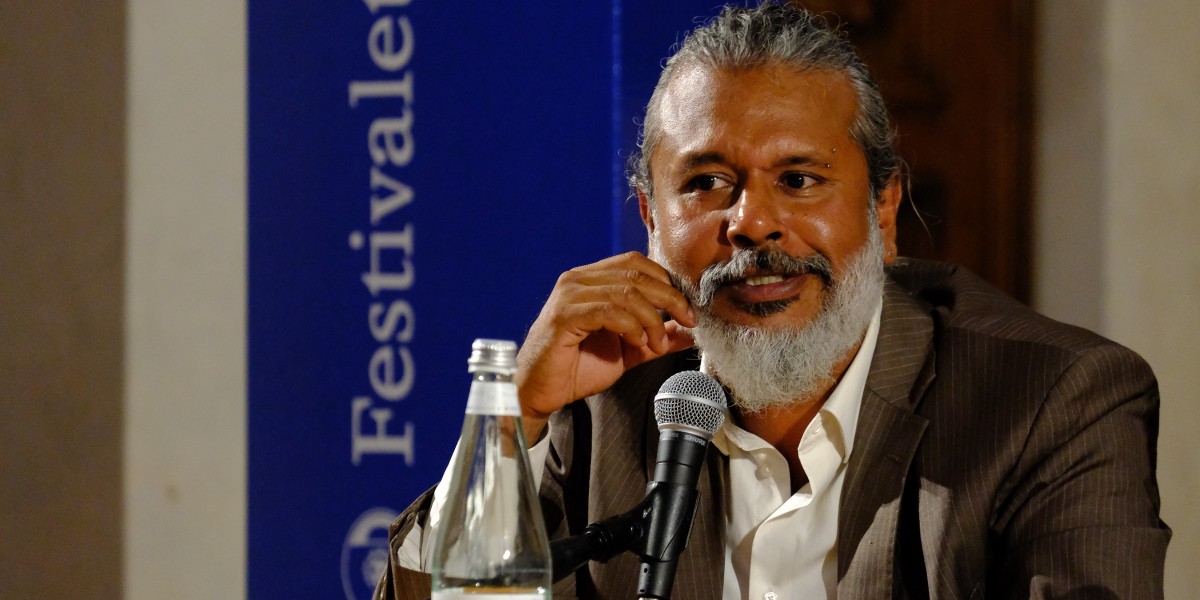
Facing up to Sri Lanka's past through language and uncomfortable memories
Sri Lanka's linguistic landscape is varied and complex. With two official languages (Sinhala and Tamil) and a third language, Sri Lankan English, spoken by a small but significant minority of the population, the remnants of its British colonial past still linger.
Only a tad less complex is the country's recent history: from 1983 to 2009, the Liberation Tigers of Tamil Eelam (LTTE) intermittently rose up against the government due to the heavy discrimination and violent persecution against Sri Lankan Tamils done by the Sinhalese government. It is estimated that tens of thousands of people died, were abducted, tortured, or abused. It's no surprise that many Sri Lankans are actively trying to forget about that recent, dreadful past.
Literature doesn't forget, though. In Mantua's Basilica Palatina di Santa Barbara, Shehan Karunatilaka, author of Chinaman (2010), talked with journalist Marco del Corona about his latest novel The Seven Moons of Maali Almeida (2022), which was awarded the 2022 Man Booker Prize. The book tells the story of a war photographer who investigates his own murder mystery during the Sri Lankan civil war.
The novel deploys a mixture of styles - thriller, political novel, comedy - and was proudly written in English. Why? "Times have changed since [prominent Sri Lankan writer and poet] Carl Muller wrote like a drunk Sri Lankan uncle", says Karunatilaka. There is no need to "sound British" anymore, leaving plenty of space for Sri Lankan writers to express themselves in English in their own way.
As in Karunatilaka's previous book, Chinaman, the story is only a vehicle to discuss the country's recent past. Nepal and Bangladesh share similar recent histories, and the story aims to counterbalance the "collective amnesia" that is so widespread not only in Sri Lanka, but in the whole Indian sub-continent.



